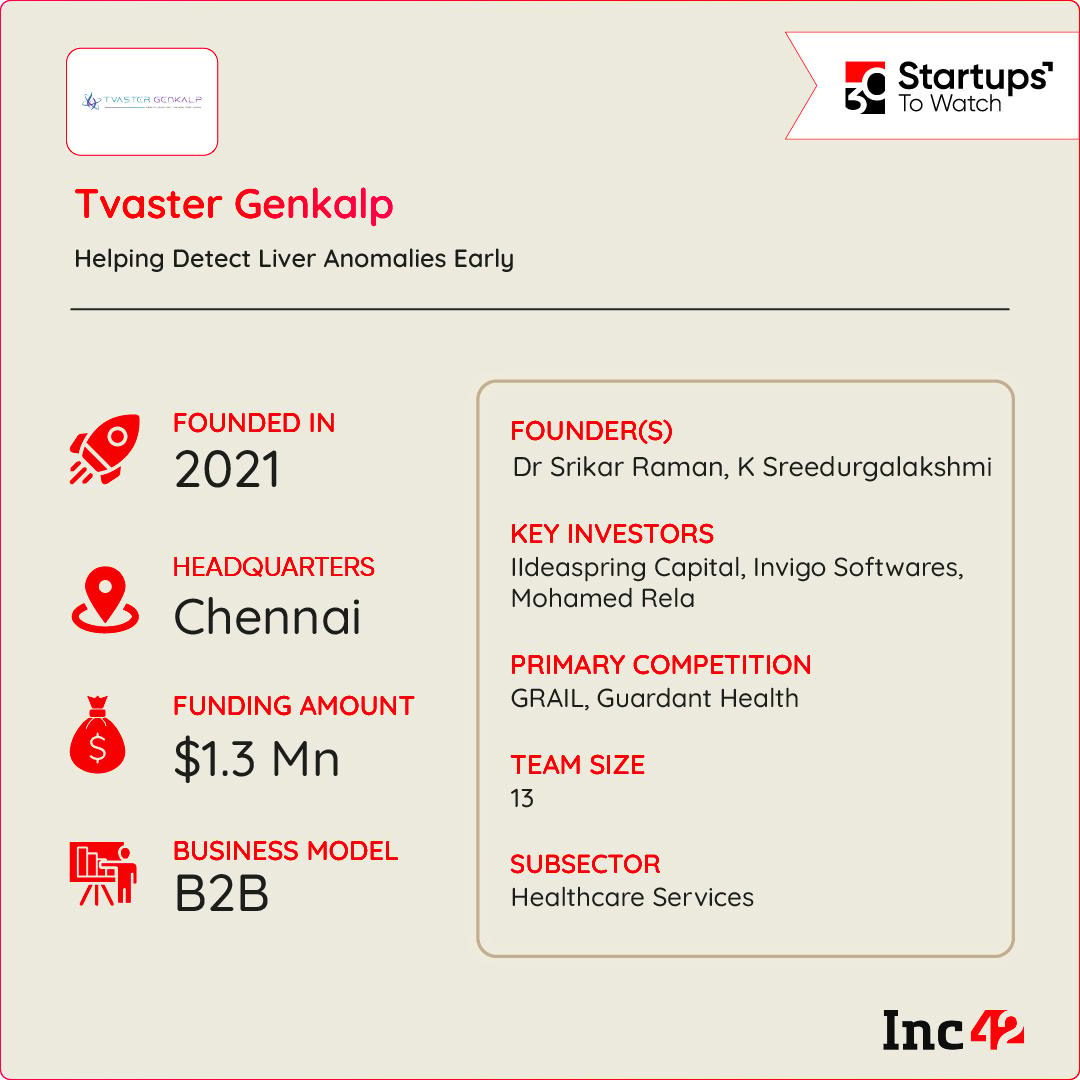After coming to a 90-day agreement on tariffs for China, US President Donald Trump now seems to have trained his guns on India. Trump is said to have recently told Apple CEO Tim Cook to stop building manufacturing plants in India as it is “one of the highest-tariff nations in the world”.
A Calculated Tactic? Trump’s remarks are being viewed by some as a calculated negotiation tactic to gain an upper hand in the ongoing India-US trade talks. Adding fuel to the controversy, he also claimed that India had proposed “zero tariffs” on a select range of American products.
Despite external affairs minister S Jaishankar rebuffing the claim later, Trump’s statements signal that India might face a tough time negotiating and putting its priorities first in the trade deal.
Apple Remains Nonchalant: Trump’s statements notwithstanding, that its investment plans for India remain intact. Apple sees India becoming a major manufacturing base for the company in the near future.
Following Trump’s tariff wars with China since getting re-elected, Apple has steadily moved parts of its manufacturing to India from China.
Today, 20% of all iPhones sold across the world are . Some of to complete the contract manufacturing stack.
Can Trump End Apple’s India Story? The jury is still out on whether Apple will buckle under Trump’s pressure, who wants the tech giant to manufacture all devices in the US. Unlike the US where cost dynamics may play a spoilsport, India offers a healthy supply of cheap and skilled labour.
India also has the advantage of already having most of Apple’s contract manufacturers. However, in terms of semiconductor manufacturing, the US does have an advantage over India.
Apple has thus far not taken any concrete steps to set up manufacturing in the US. Could India pay the price if Trump insists that Apple do it his way?
And how steep will that price be? As you ponder that, take a look at where things stand right now in .
From The Editor’s Desk: The women-only community startup is halting its operations due to high customer acquisition costs and retention challenges. leap.club, which has raised $2.3 Mn to date, will shut its offline club in Mumbai’s Bandra and app by the end of this month.
: Artificial intelligence was once seen as an add-on, but is now part of the routines of VC firms. VC money is flowing to AI startups and LLMs are changing how venture investing works. So, how is the tech improving workflows at investment firms?
: The fintech major’s consolidated net profit surged 2.8X to INR 170.7 Cr in Q4 FY25 from INR 60.2 Cr in the year-ago quarter. Meanwhile, operating revenue grew 38% YoY to INR 1,507.9 Cr during the quarter under review.
: The quick commerce major has launched a new data analytics tool, Atom, for consumer brands listed on the platform. The subscription-led offering will enable brands to gain deeper insights into behavioural data and brand performance.
:After its lacklustre stock market debut, Ather has now set its eyes on shoring up sales, moving to new geographies and moving beyond vehicles to creating an ecosystem of biking and riding products including helmets and other accessories.
: Zomato will start charging a “rain fee” to its Gold members from May 16 to better compensate its delivery partners. This move is expected to saddle Gold members with additional charges as the cost was previously waived as part of the membership perks.
: The ice cream brand has raised the capital in a round co-led by Chona family office and Sauce.vc. This is part of a larger $20 Mn that the company intends to raise. Hocco claims to have more than 10,000 retail outlets across India and one in the US.
: The Nasdaq-listed company has termed rival EaseMyTrip cofounder Nishant Pitti’s claims that MMT is Chinese-owned as malicious and motivated. A day ago, Pitti hinted that Chinese intelligence could potentially extract army soldiers’ data from MMT.
Starting off as a B2B venture to fix deep inefficiencies in the dry fruits and nuts supply chain, Farmley pivoted to a retail brand after the pandemic. But, it was the startup’s focus on recipes and innovation that helped it make the cut.
Inc42 Startup Spotlight Can Tvaster Genkalp Solve India’s Silent Liver Cancer Crisis?Liver cancer is a growing silent epidemic in India. As per a report, the country witnesses nearly 35,000 cases of liver cancer every year, especially among the youth. Traditional diagnostics like AFP tests and imaging often fail to detect early-stage liver cancer.
Disrupting Cancer Diagnostics: Founded in 2021, Chennai-based Tvaster Genkalp is developing a non-invasive, blood-based screening solution, Episcreen Liver, to detect early-stage liver cancer. By analysing DNA from blood samples rather than relying on traditional, invasive tissue biopsies, Tvaster Genkalp is working to make cancer diagnostics more accessible, accurate, and affordable.
What’s At Stake? With India contributing nearly 18% of global liver disease-related deaths, there’s massive potential for early diagnostics. Tvaster’s approach can bridge diagnostic gaps, particularly in routine screenings, and even extend to paediatric liver cancer and rare bile duct cancers.
The Journey Ahead: The Ideaspring Capital-backed startup claims to have already served more than 1,400+ patients and has, as per founders, shown promise during clinical trials. However, scaling hinges on regulatory approvals, clinical trust, and awareness.
But, if it cracks this puzzle, Tvaster could redefine liver cancer detection in India.

The post appeared first on .
You may also like

SC says no to fresh pleas against Waqf law

Gorakhpur: Dalit Family Invited to Wedding, Beaten for Touching Food; Attacked at Home — Case Filed Against 11

DWP state pensioners could get payment boost of up to £715 in 2026

NTR promises a special return gift for 'War 2' co-star Hrithik Roshan aka Kabir

Bride Falls Ill Before Groom's Arrival, Dies After Injection; Family Accuses Doctor of Negligence






